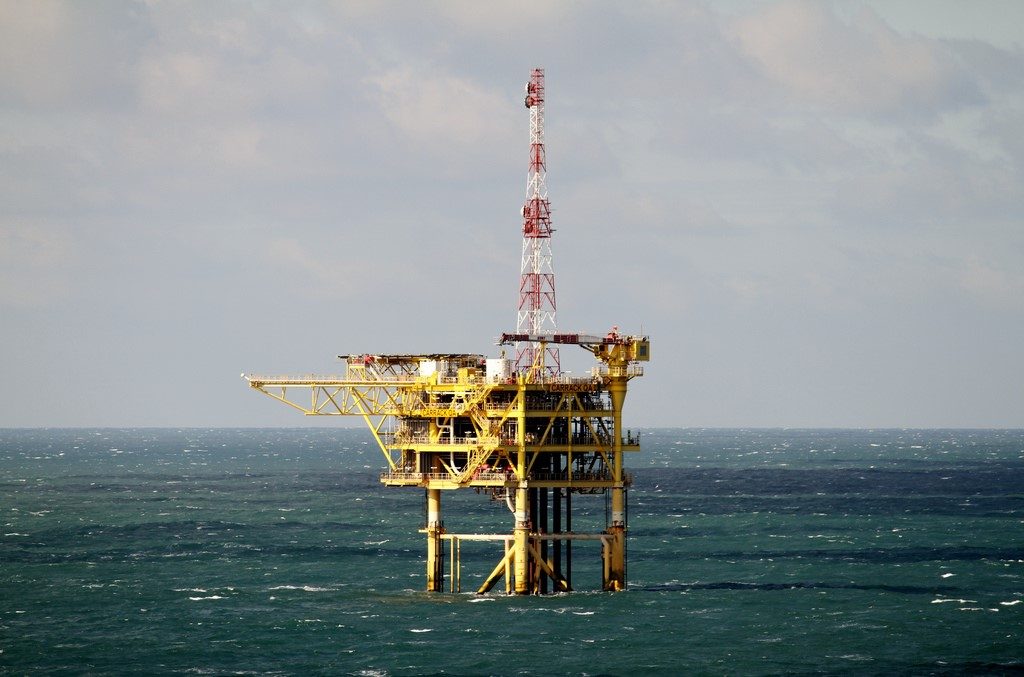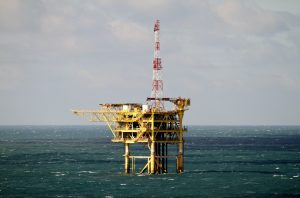It was reported in April 2018 that the Intergenerational Foundation saw the projected £39bn cost to undertake the North Sea decommissioning, which incorporates 8,000 kilometres of pipeline, as a considerable underestimate. It suggested that the cost of retiring installations, pipelines and associated materials and abandoning wells would amount to at least £80bn.
HMRC has estimated the cost to the public purse at £24bn over the next 20 years as a result of foregone taxes associated with decommissioning (£11.1bn) and tax repayments (£12.9bn); however, there is significant uncertainty as to the exact amount.
Why must the decommissioning occur?
Under the Energy Act 2004, the law clearly states that offshore operators must decommission their plants and infrastructure once they are no longer actively utilised. The companies that have benefited from the gas and oil production must shoulder the cost for decommissioning and take responsibility for cleaning up after themselves rather than asking the taxpayer to foot the bill.
Is there a way to decrease the cost of decommissioning?
The Oil and Gas Authority (OGA) is assisting with the attempt to minimise the cost of tank decommissioning whilst conforming to the required standards. The OGA’s goal is for the industry to achieve a shared 35 per cent cost reduction.
What are the options for tank decommissioning?
There are a number of ways of decommissioning, with specialist companies such as www.ashremediation.co.uk/tank-decommissioning assessing site specifics and recommending the most cost-effective way of neutralising a site. With 3,000 pipelines and over 5,000 wells, the most cost-effective way of decommissioning would be to share the cost between suppliers or even industries.
Why was the cost of decommissioning not considered earlier?
Rather than forward planning by investment in saving for the decommissioning, as demonstrated by the Norwegian $1tn Sovereign Wealth Fund, the North Sea oil and gas industry and the UK government are intending to hand the debt to younger generations. These did not necessarily profit from the products extracted by this multi-million-pound industry, demonstrating certain intergenerational unfairness.
Future plans
As a potential further injustice to forthcoming generations, the government has taken the decision to allow the continued and renewed extraction of oil and gas from the North Sea’s reserves. This decision will not only see a further tax burden but also contribute to a rise in carbon emissions.



